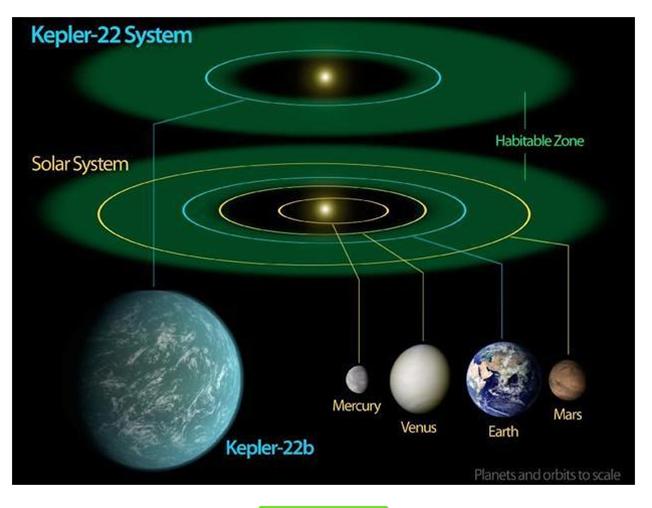Archeological evidence was taken out of context, asserts USF professor Christian Wells.
Photo: Daylina Miller | USF News
USF News
TAMPA, Fla. (March. 20, 2012) – With doomsday looming in the near future, Christian Wells, associate professor of Anthropology at the University of South Florida and a well-known scholar of ancient Maya culture, sought to dispel misconceptions about the fate of the world on Dec. 21, 2012.
Wells’ presentation Monday night was a kick-off to “Visions of the Apocalypse,” a three-day lecture series held by the Humanities Institute as part of their annual science fiction symposium.
“Dec. 21 is really about the winter solstice, when the sun is at the lowest point on the horizon,” Wells said. “Cultures around the world over long periods of time have always celebrated the solstice.”
The Spanish forced some reinterpretations of the Maya doomsday through torture to make it match Revelations, a book of the Bible filled with images of hellfire and damnation, Wells said.
From this, individuals ripped off ideas from various New Age religions and science fiction writers to create the concept of “Mayanism,” which includes the belief that the world will end this December, Wells said.
Little evidence exists to support destruction of the world on the particular date. Archaeologists don’t know why the Mayan calendar begins in the year 3,114 BC and ends in 2012 – all they have are some hieroglyphics and vague documents depicting a feathery serpent god and an allusion to the time when “quetzal, green bird, and blood vomit will come – the end of the cycle.”
It’s unlikely the Maya thought the world could end Dec.21, 2012 considering they had predictions of future cycles thousands of years beyond our future.
New Age religions and the popular press globalized the narrative, Wells said, and by wrenching it from its cultural, historical and geographical context, shifted the context from sustainability, the end of an old cycle and beginning of a new one, to doomsday.
On Tuesday, March 20, science fiction authors, Joe Haldeman and Nancy Kress, read excerpts from their books and discussing apocalyptic beliefs in the TECO Room in the Education Building. Kress signed copies of her new book, After the Fall, Before the Fall, During the Fall, while Haldeman presented his 2011 book Earthbound.
On Wednesday, March 21, Kress and Haldeman will be joined by USF chemistry professor David Merkler and religious studies professor Dell de Chant for a panel discussion on our cultural obsessions with the apocalypse. That event will be held at 2 p.m. in Marshall Student Center, room 3705.
Daylina Miller can be reached at 813-500-8754.

No comments:
Post a Comment